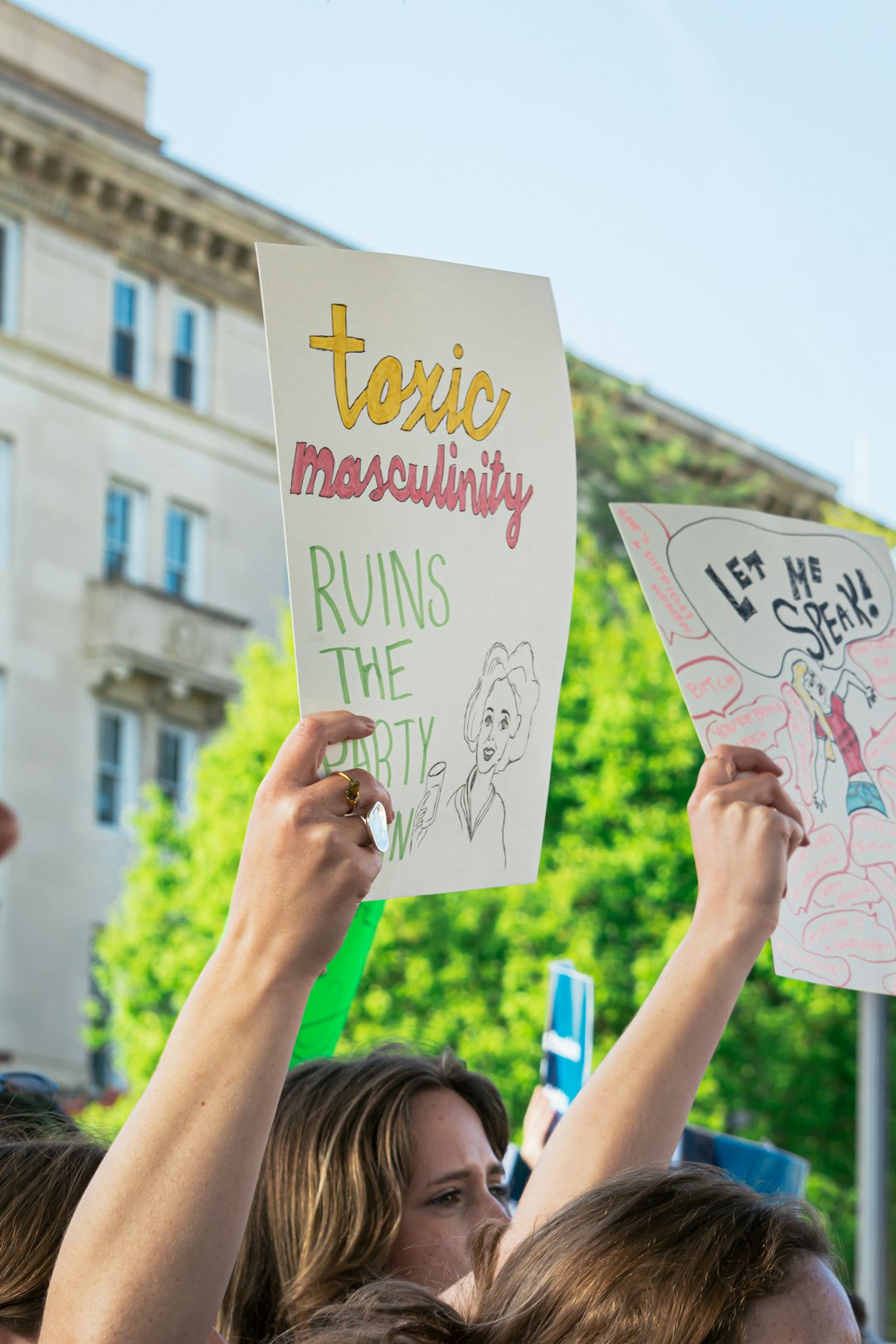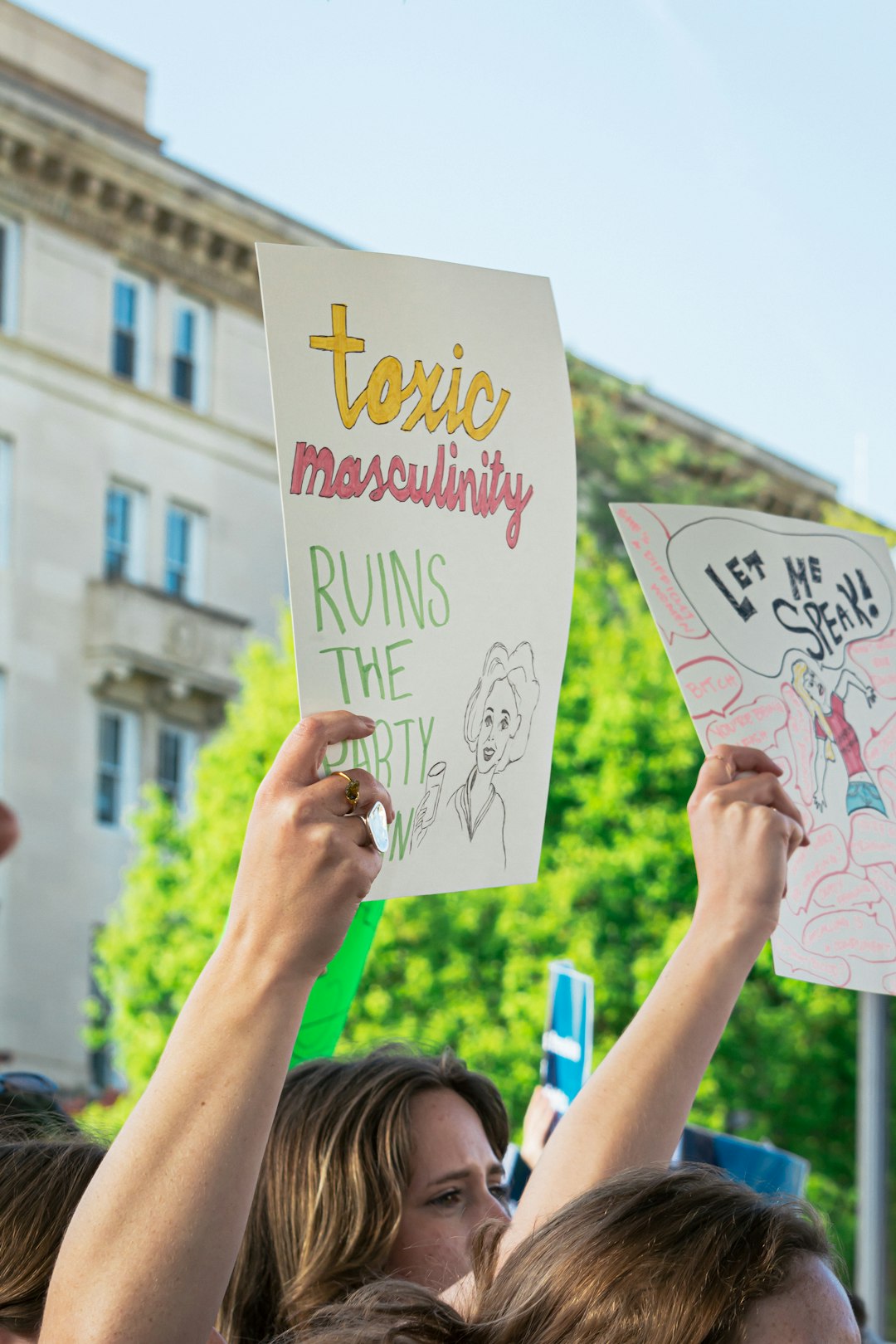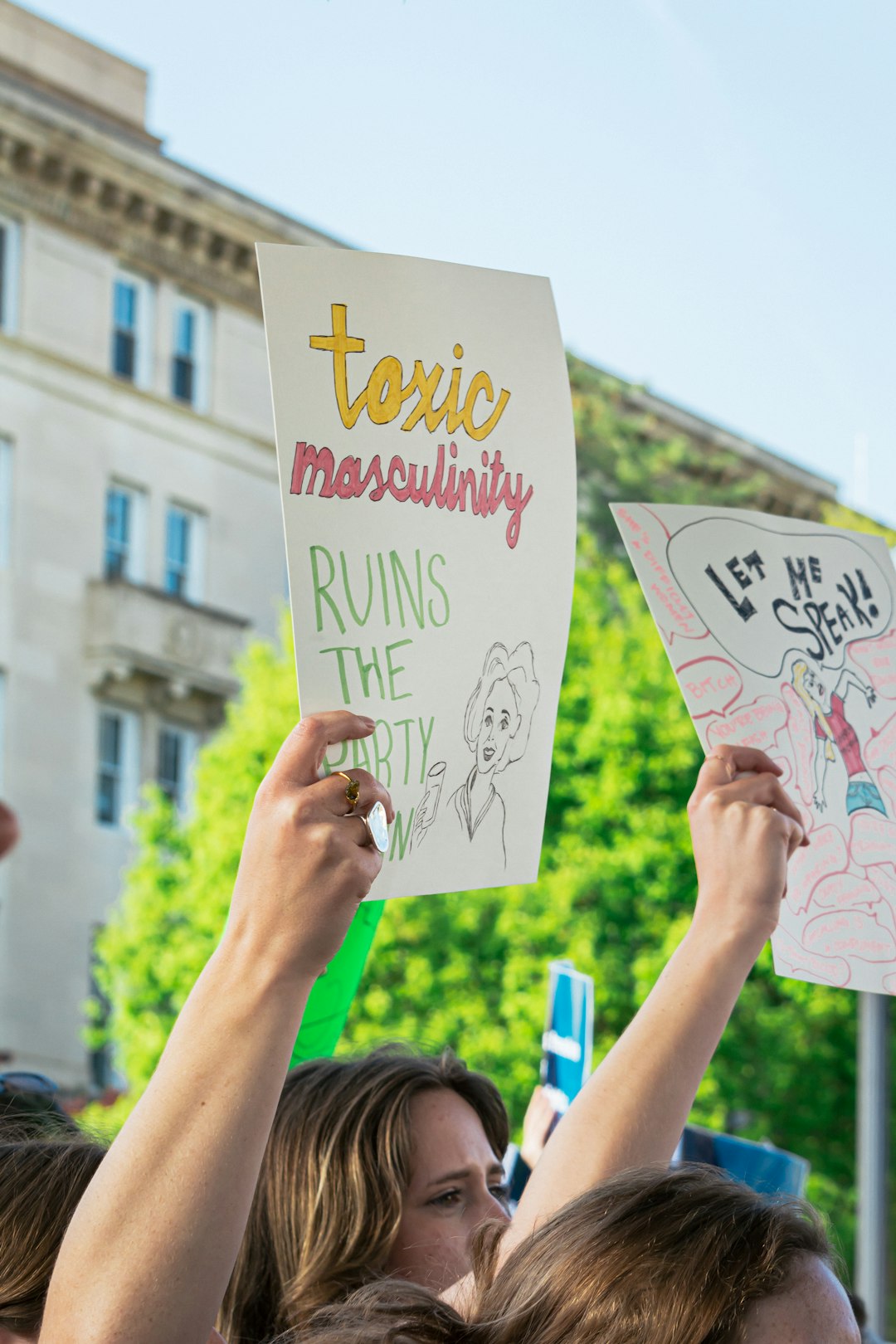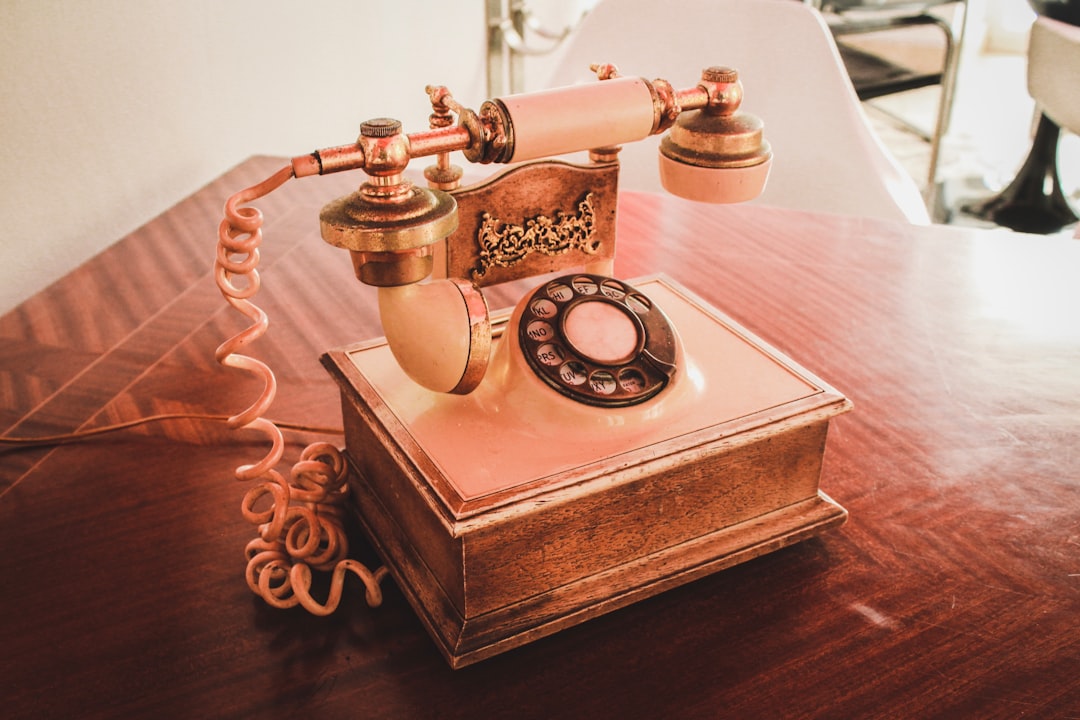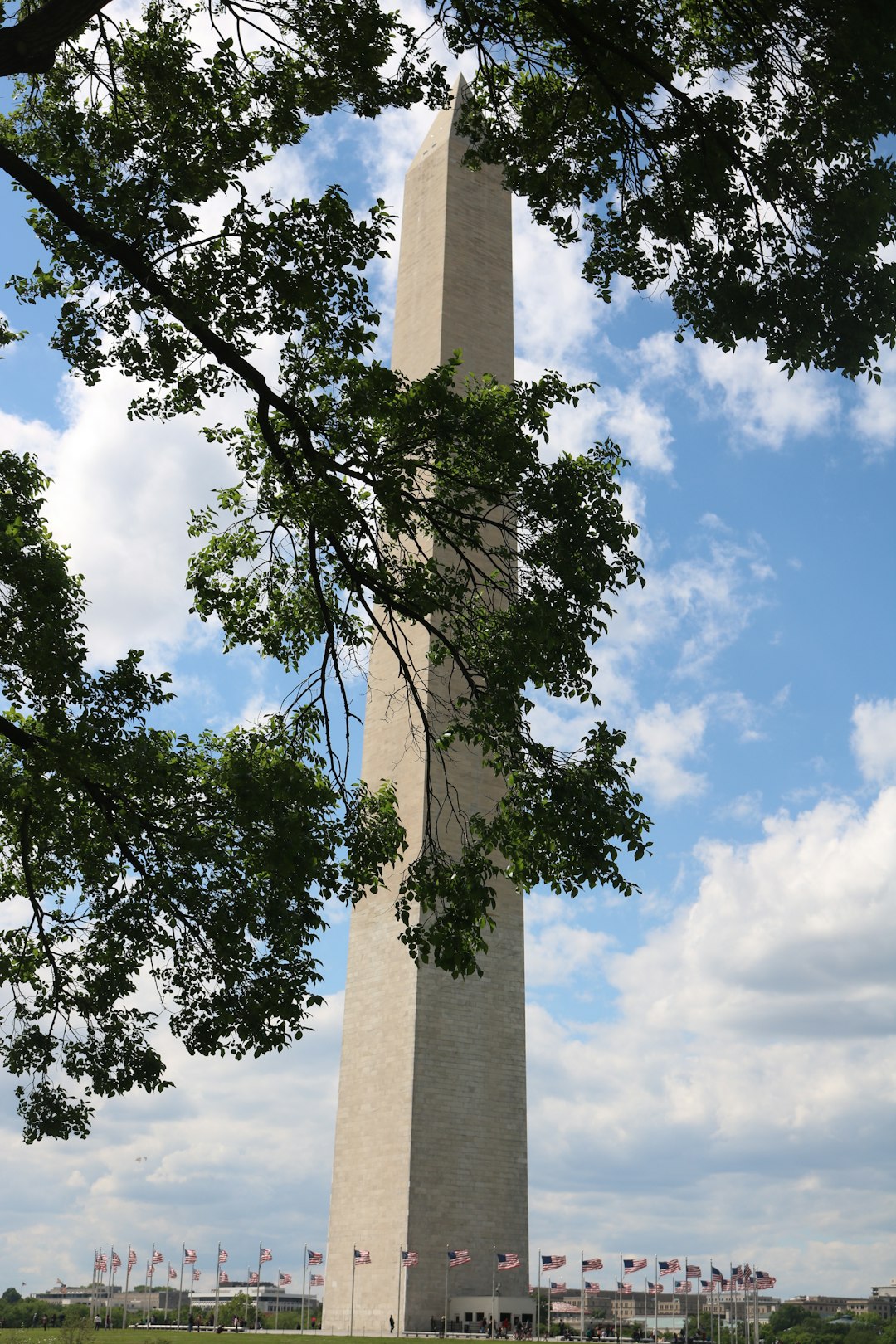In Washington D.C., escalating spam calls disrupt nonprofit operations and communication with donors and volunteers, prompting organizations to seek legal solutions like consulting a lawyer for spam call DC. Strict local regulations aim to protect residents from deceptive practices, and nonprofits must adhere to these rules when using automated or prerecorded phone calls. Combining tech tools with legal expertise, such as advising on the Telephone Consumer Protection Act (TCPA) and engaging specialized attorneys, helps nonprofits defend against spam calls and maintain effective community service. Prompt action is crucial to safeguard resources and mission focus.
Spam calls are not just a nuisance; they pose significant challenges to nonprofits operating in Washington D.C., disrupting their operations and hindering their ability to serve communities. This article delves into the prevalence of targeted spam calls, examining their impact on charitable organizations and exploring the legal framework in place, including regulations specific to the district. We also offer practical strategies for combating these inundations and provide guidance for nonprofits seeking legal counsel from a specialist lawyer for spam call DC.
Understanding the Prevalence of Spam Calls Targeting Nonprofits in DC
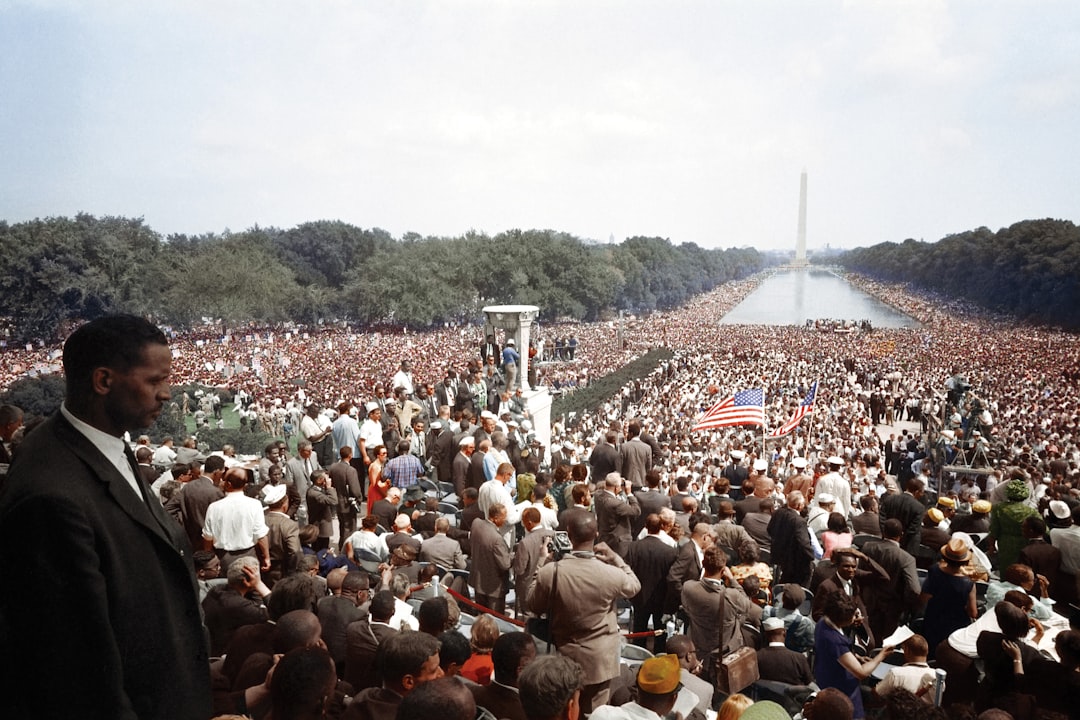
In the vibrant and bustling city of Washington D.C., nonprofits play a crucial role in shaping the community’s tapestry. However, they often find themselves navigating a complex labyrinth of issues, including an escalating problem: spam calls. These relentless phone calls, aimed at generating sales or promoting services, are not only annoying but can significantly disrupt nonprofit operations, especially when they target fundraising initiatives or customer support lines.
Many D.C.-based nonprofits have reported an increase in these unwanted communications, leading to concerns about resource allocation and staff productivity. With a high volume of spam calls, it becomes challenging for legitimate charitable organizations to connect with donors, volunteers, and sponsors. This issue has prompted many to seek legal advice from experts specializing in anti-spam legislation, such as a lawyer for spam call DC, to better understand their rights and options for mitigating this growing problem.
The Impact of Unwanted Phone Calls on Charitable Organizations' Operations
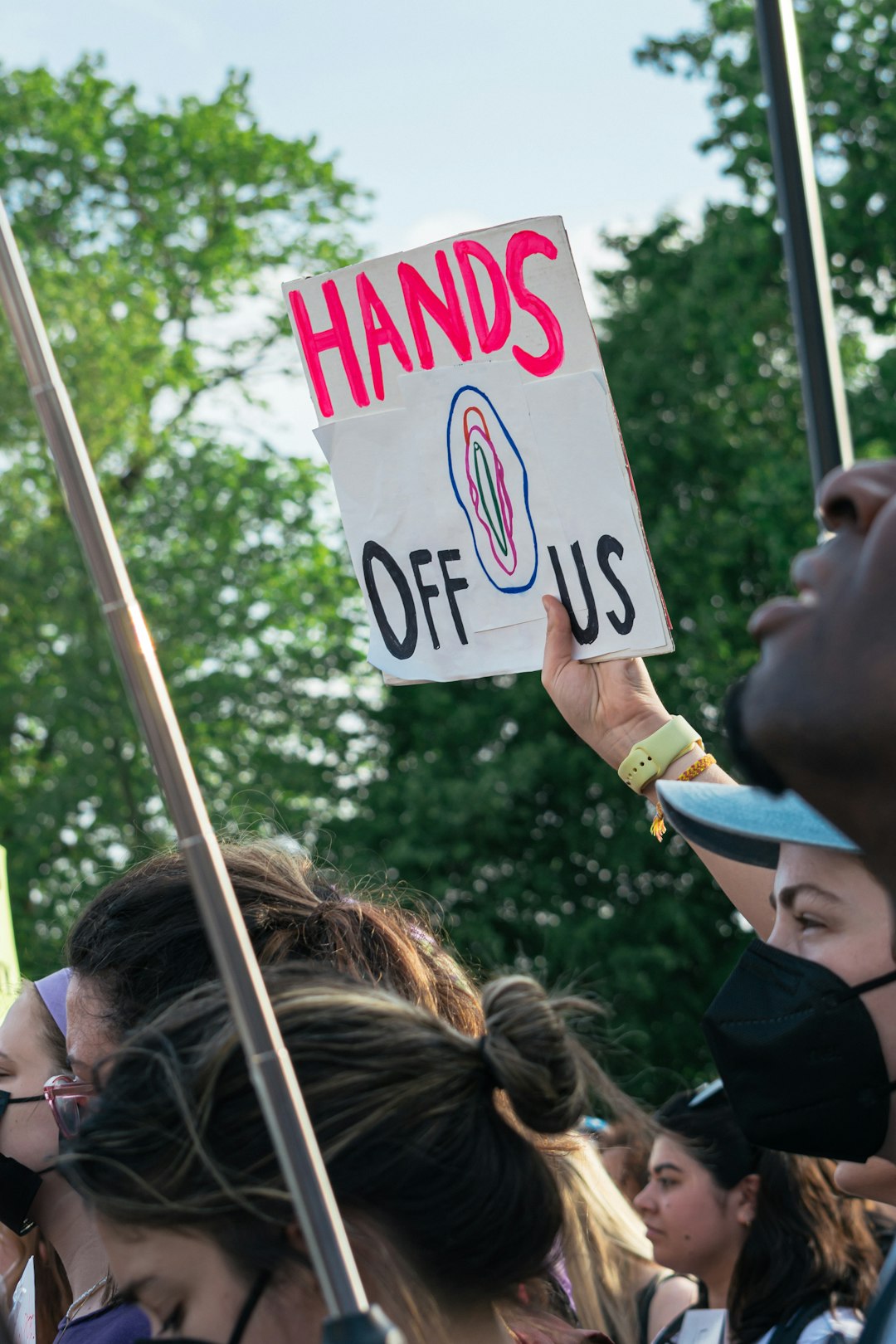
Unwanted phone calls, particularly those classified as spam, can significantly disrupt and impede the operations of nonprofit organizations in Washington D.C. These charitable entities, already operating on limited resources, must now allocate valuable time and energy to managing intrusive and often illegal communication attempts. The constant barrage of spam calls not only disturbs their day-to-day activities but also poses a financial burden as staff are compelled to handle and block these calls, diverting attention from their core missions.
Nonprofits in the district, seeking to serve their communities effectively, require a peaceful environment free from disruptive interruptions. Unfortunately, spam calls have become an increasingly common obstacle, hindering their ability to connect with donors, volunteers, and beneficiaries. As such, organizations are turning to legal avenues, including consulting a lawyer for spam call DC, to mitigate these issues and ensure they can focus on serving the public without constant distraction.
Legal Framework and Regulations Against Spam Calls in Washington D.C.
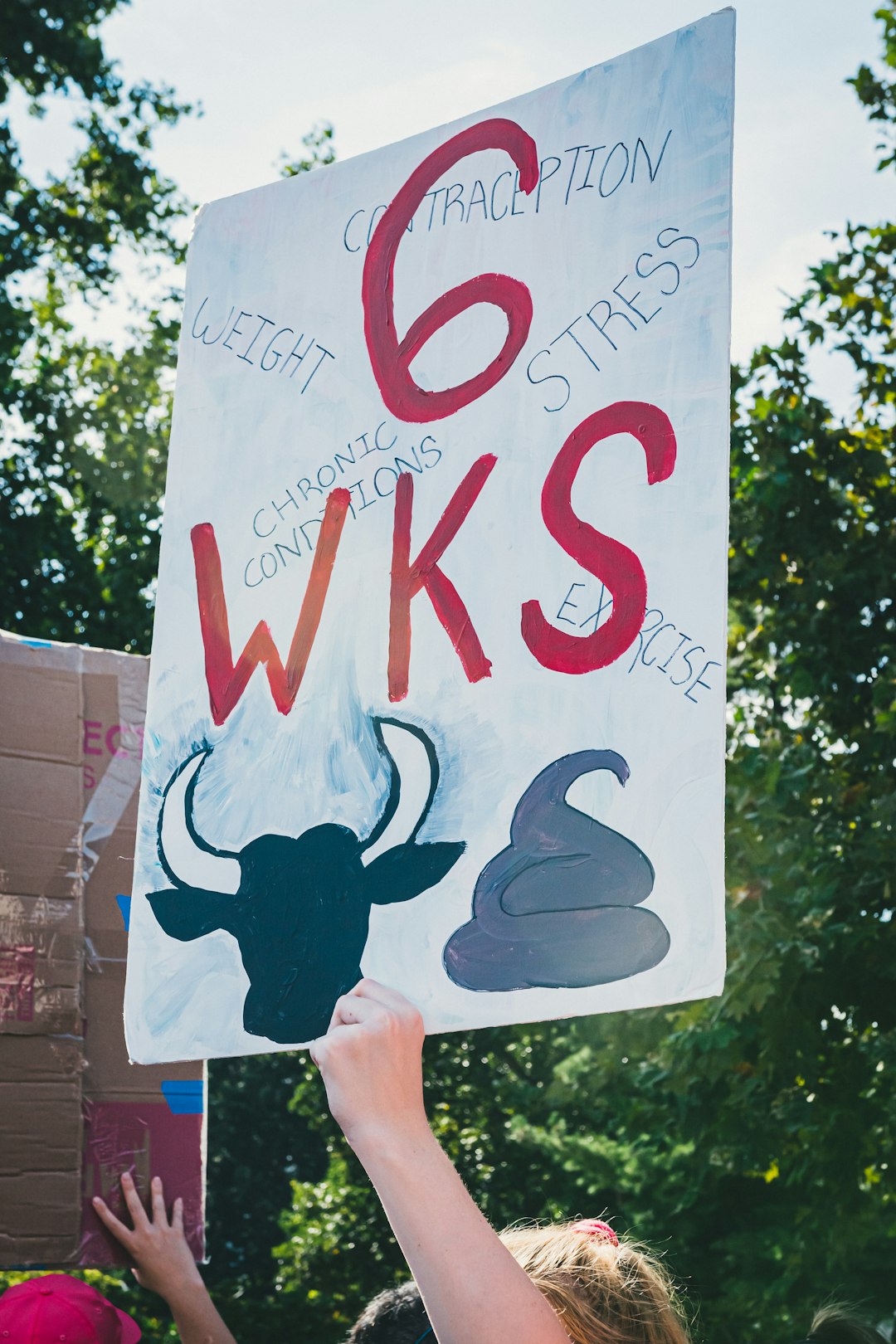
In Washington D.C., the legal framework and regulations regarding spam calls are stringent, reflecting a concerted effort to protect residents from unwanted and deceptive communication practices. The District’s Consumer Protection Act prohibits businesses and individuals from making automated or prerecorded phone calls unless they obtain prior express consent from the recipient. This means that nonprofits operating in DC must adhere to these rules when reaching out to potential donors or volunteers via telephone.
For organizations seeking assistance in navigating these regulations, consulting with a lawyer for spam call DC can be invaluable. Legal experts specializing in this area can guide nonprofits on best practices for compliance, including proper consent management, call tracking, and documentation. By understanding and adhering to these laws, nonprofits can ensure their outreach efforts are effective while respecting the privacy and autonomy of their target audience.
Strategies to Combat and Mitigate Spam Call Inundation for Nonprofits
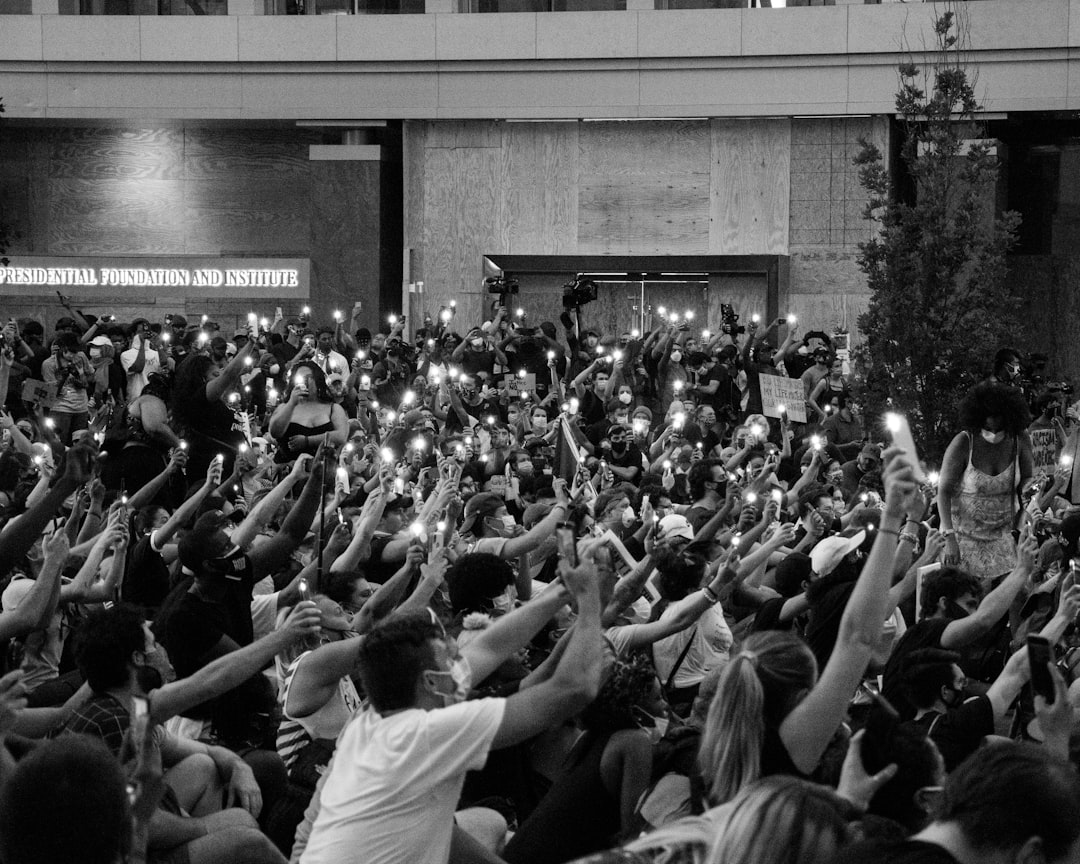
Nonprofit organizations in Washington, D.C., are facing a growing challenge with the surge of spam calls, which can disrupt their operations and mission-critical communication. To combat this issue, several strategic approaches can be implemented to mitigate the impact of these unwanted phone calls. One effective method is to educate staff and volunteers on identifying and blocking suspected spam callers using available tools and apps designed to curb robocalls. Many modern call blocking applications offer advanced features to automatically filter out known spam numbers, significantly reducing the volume of nuisance calls received by nonprofits.
Additionally, nonprofits can leverage legal avenues to combat spam calls. Engaging a lawyer specializing in spam call cases in DC can provide valuable insights and options for legal action against persistent spammers. The Telephone Consumer Protection Act (TCPA) offers protections to nonprofit organizations, enabling them to take legal measures against violators. By combining technological solutions with legal expertise, nonprofits can create a more robust defense against spam calls, ensuring they can maintain uninterrupted communication focused on their vital work.
Choosing the Right Legal Counsel: Tips for Nonprofits Affected by Spam Calls
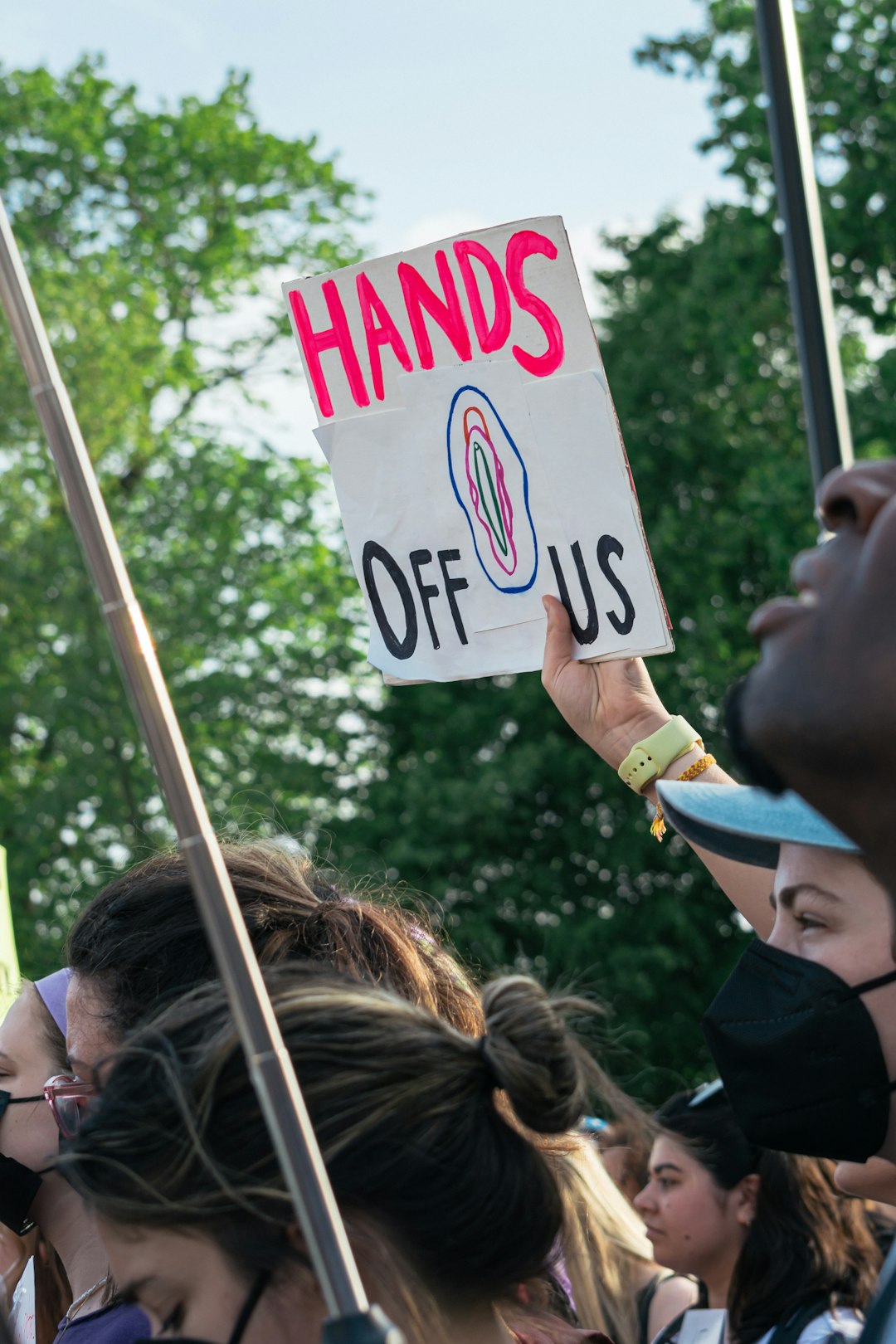
When a nonprofit in Washington, D.C., faces an influx of spam calls, it’s crucial to understand that legal options are available. One essential step is to consult with a lawyer specializing in telecom regulations and consumer protection laws. A qualified attorney can provide guidance tailored to the unique challenges faced by nonprofits. They should be well-versed in the Telemarketing and Consumer Fraud and Abuse Prevention Act (TCPA) and its implications for organizations operating within the district.
Choosing the right counsel involves seeking professionals with experience handling similar cases, especially those involving nonprofit entities. Look for a lawyer who can offer strategic advice on blocking future calls, negotiating with call centers, or taking legal action if necessary. Promptly addressing the issue is vital to protect the organization’s resources and focus on its mission.
